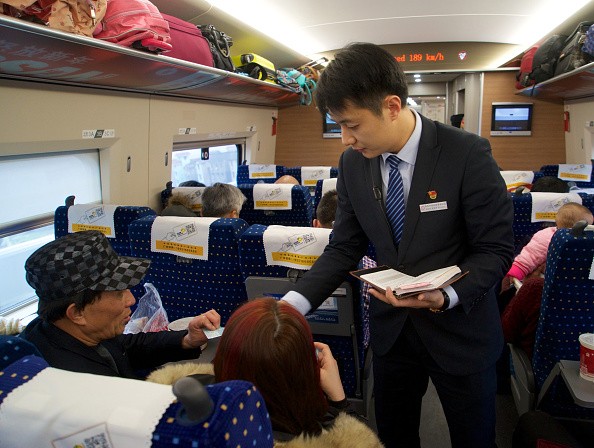Li Jian, a railway worker, says maintaining water supply in passenger trains running to and from Beijing West Railway Station has not been easy. He says that to fill up water for carriages, he walks beyond 20 kilometers every day.
Li wakes up at 5 a.m. to be punctual for a 12-hour day shift.
Li says that horses and a team of three men are used to fill in all carriages of a train, which takes about 20 minutes to complete.
"If we don't hurry up, some passengers may not have any water during the trip. Delay is the most concern for us, that means the limited time for us to supply water can be a problem," says Li as quoted by China Daily.
Li also talks about how careful the workers have to be while filing carriages as other trains may arrive at the same time.
"You must not be too close to it," says Li.
Chief of the water supply department, Jiang Zhaozhong, informed that there are two rotational shifts throughout 24 hours. One is from 7:30 a.m. to 7 p.m., and the other starts from 6:30 p.m. to 8 a.m.
"We are supplying water to 7,000 carriages per day with the efforts of our crew of 70 people," says Jiang.
For workers, the busiest time is during the Spring Festival when as many as 71 trains are added along with the scheduled trains. It is estimated that a total of 30 million trips would be made during the festival (Jan. 24 - March 3), according to Ye Kuankuan, chief of the passenger train control center in Beijing.
Li adds that they have to work regularly during the Festival and help the families get ready for the festivity.
"I fill up the trains with water to make passengers comfortable. They have water on the train. That means a lot to me," says Li .



























